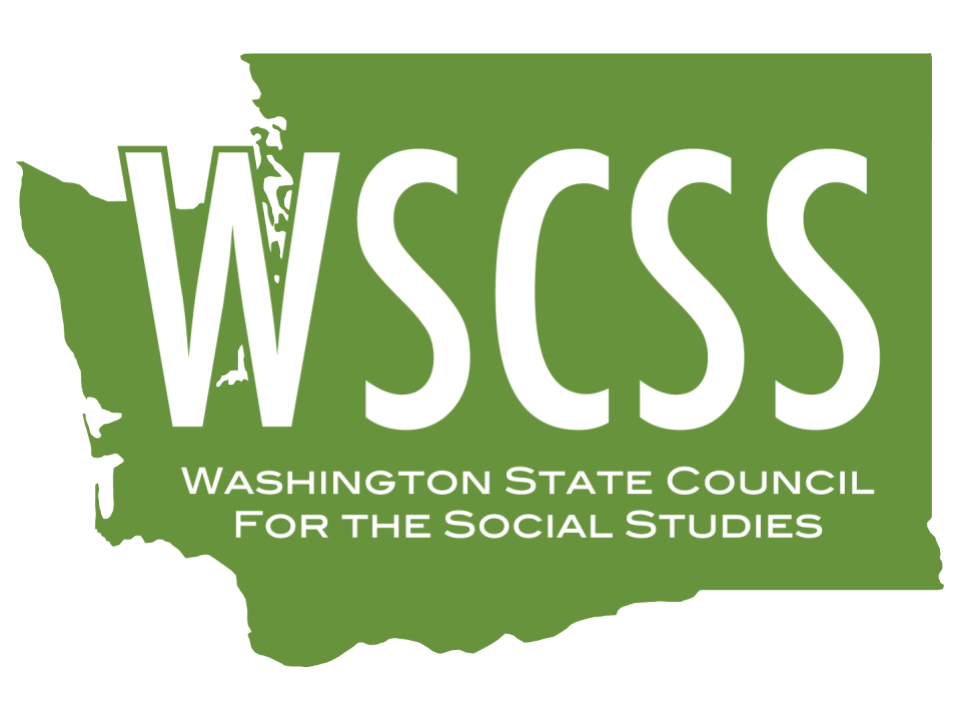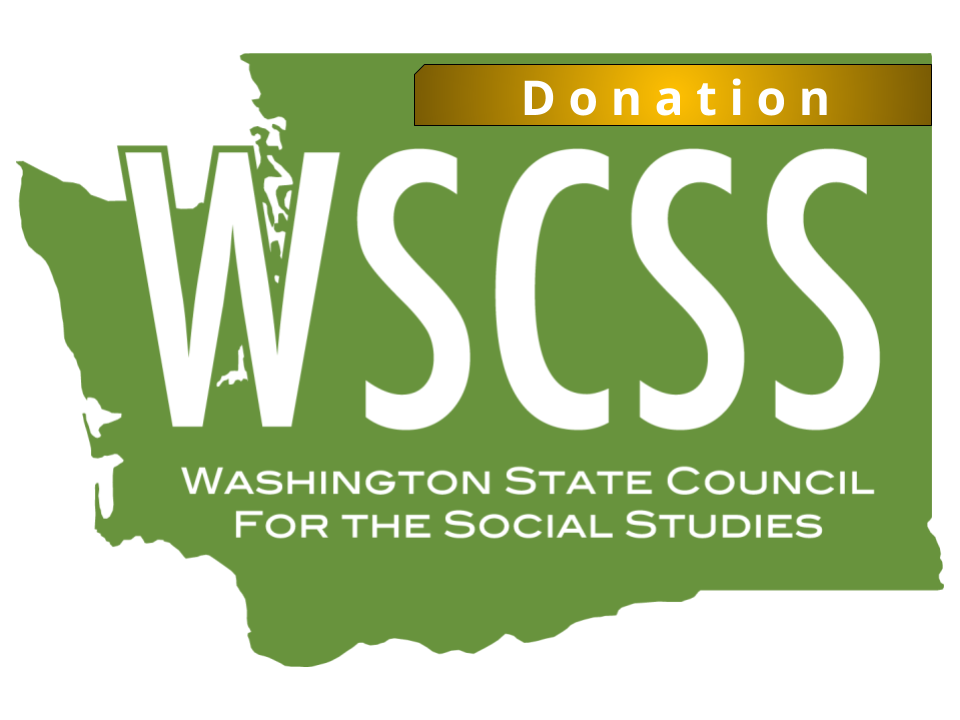Fact or Fake: Navigating the New Information Landscape
Fact or Fake: Navigating the New Information Landscape
November 6, 2021
9:00 AM to 1:00 PM Pacific
Keynote Address and Question and Answer Session
Jevin West, Associate Professor in the Information School at the University of Washington and co-founder of the Center for an Informed Public at University of Washington
At the Center for an Informed Public, we have assembled world-class researchers, labs, thought leaders, and practitioners to translate research about misinformation and disinformation into policy, technology design, curriculum development, and public engagement. We want to shorten the cycle between research and implementation. We do this through our strong network of urban and rural libraries, national network of educators, and institutional partners. Our nonpartisan Center brings together diverse voices from across industry, government, nonprofits, other institutions, as well as those from communities and populations typically underrepresented in research and practice in this field.
This interdisciplinary effort at the University of Washington is led by the Information School, Human Centered Design & Engineering and the School of Law, with collaboration from numerous other university and community partners.
Teaching Students the Fact-Checking Skills No One Taught Us
Liz Crouse and Shawn Lee, Teachers for an Informed Public
America’s ability to move on from the Covid-19 pandemic has been hindered by misinformation. The effectiveness of vaccines, masks and public health institutions has been undermined on social media platforms where misinformation spreads to destructive ends. Misinformation on this massive scale is a new challenge. It presents an urgent need to teach students skills that we as teachers weren’t taught ourselves. We are not powerless, we can protect our communities from this health crisis by teaching our students to determine what’s real and what’s fake. We will demonstrate how we have taught students to evaluate sources and claims online for the past three years, share information literacy resources, and examine student work. 6-12
Scenes from a Marriage (between Social Studies & Information Literacy)
Lesley James, Media Literacy & Digital Citizenship Program Supervisor at OSPI
When you set out to teach students how to fight misinformation, you may encounter obstacles. This session is all about overcoming those obstacles—or at least being aware of them so they don’t take you by surprise. The obstacles may be caused by the developmental stages your students are going through; or by errors and assumptions you’re making because they never taught you about this in teaching school and you’re doing the best you can. Also, the world of information is convoluted and constantly changing. The solutions I’ll suggest are ones I’ve figured out the hard way, as well as from experiences, observations, and conversations with students. I’ve also learned what not to do by watching my husband, a high school social studies teacher, make mistakes. This will be an opportunity to really dig into what he’s done wrong.
Leslie has provided a "take away" menu of resources related to her talk! View it here.
Optional Lunch Viewing Party
Grab your lunch and get ready to share your thoughts about these video clips! We'll watch them together and discuss how they could be used in the classroom. This session is not eligible for clock hours.
“If Facebook were a Real Place” - Daily Show (5 min) - June 2018 https://www.youtube.com/watch?v=bbNkuETJTK8
PBS Newshour “Junk News” (10 min) - May 2018 https://www.pbs.org/newshour/tag/junk-news and https://www.pbs.org/newshour/show/why-we-should-be-more-like-cats-than-dogs-when-it-comes-to-social-media
David Pakman Show - Interview with Cailin O’Connor “The Misinformation Age” (15 min) - Sept 2019
https://www.youtube.com/watch?v=wmyiU3_XmX0&t=667s
EXPLORE RESOURCES
Action for Media Education. This Washington-based nonprofit organization offers an extensive list of media literacy resources for educators. Follow us on Facebook and Twitter to keep up with current media literacy activities both here in our state as well as nationally.
California Department of Education Media Literacy Resources. As a result of legislation passed in 2019, California is now compiling a collection of resources for teachers, teacher-librarians, administrators, and others. These resources include media literacy curriculum, collections of media literacy lessons, and media production resources.
Copyright and Creativity for Ethical Digital Citizens. The Copyright and Creativity curricula were initially developed by the Internet Keep Safe Coalition (iKeepSafe), an education nonprofit founded to promote online safety. Research results indicating the positive impact of these materials are also cited.
Critical Media Project. Resources for educators from USC Annenberg examine media literacy and issues such as gender, race and ethnicity, and sexual orientation.
Frank Baker’s Media Literacy Clearinghouse. Extensive database of classroom resources organized by medium, concept, and teaching standard.
LAMP – Learning About Multimedia Project. The LAMPlatoon Media Breaker lets students comment on advertising by directly editing commercials.
Media Education Lab. Renee Hobbs, University of Rhode Island, and her colleagues have produced a wide variety of media literacy resources for K-12 teachers.
Media Smarts. Free online teacher resources and classroom tools from Canada’s Center for Digital and Media Literacy.
MediaWise. This digital literacy project offers curriculum material designed to help teens navigate the internet, sorting misinformation and disinformation.
NAMLE Resource Hub. National Association for Media Literacy Education provides regular updates about media literacy activities as well as new resources being made available by organizations throughout the US.
Project Look Sharp. Project Look Sharp is a media literacy initiative of Ithaca College. Check out the free lesson plans, kits and handouts they make available for different age groups.
Rock Your World. Inspire student action around human rights issues; resources for developing documentaries, PSAs, media campaigns and more can be found here. This is a project of the Robert F. Kennedy Center for Justice and Human Rights.
Stanford History Education Project (SHEG). SHEG has conducted extensive research examining students’ civic reasoning as they navigate the internet. These researchers have concluded that a new approach to digital literacy is needed. They offer a variety of lessons plans and assessments that can be used in the classroom.
Washington OER Digital Citizenship/Media Literacy Resources. This list of resources was compiled based on suggestions from Washington educators.
Links from the chat session during the conference: https://docs.google.com/document/d/1DUyBovhOUiUlbFIPwnpV6NGK5WpvVvnO-QQCZLzS03k/edit?usp=sharing
This year’s conference is FREE!
Donations are welcomed to help us sustain our all-volunteer-run organization.
The annual Washington State Council for the Social Studies Fall Conference is a one-day professional development opportunity for all teachers of any of the social studies subjects.
If you have any registration questions or concerns including, please contact Sarah Treworgy at: streworgy@mac.com. Schedule & program questions can be sent to our conference chair Un Chong Kim at: WSCSSFallConference@gmail.com.


